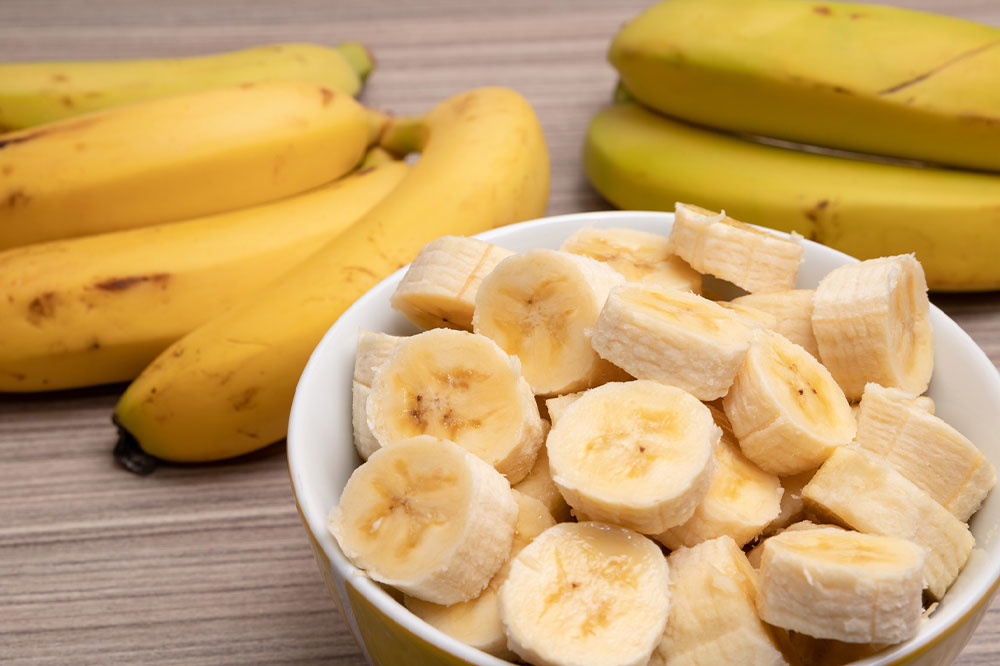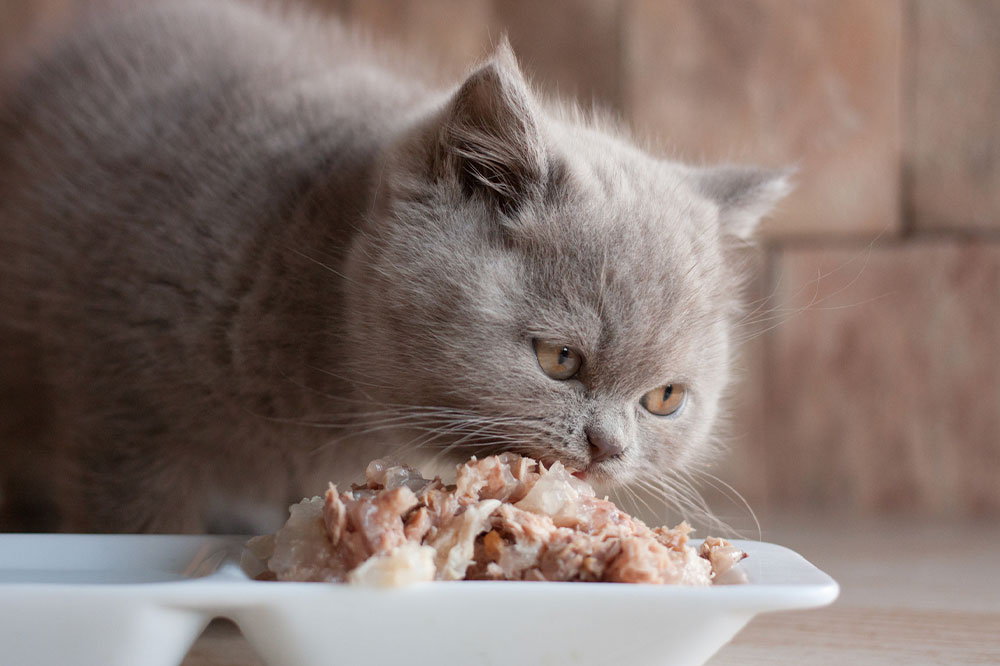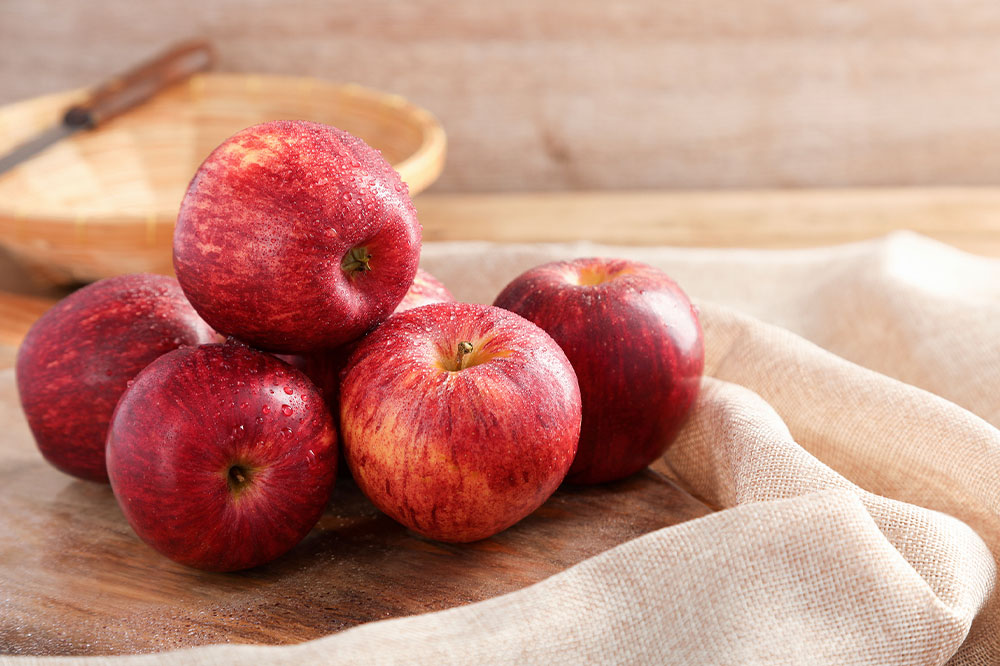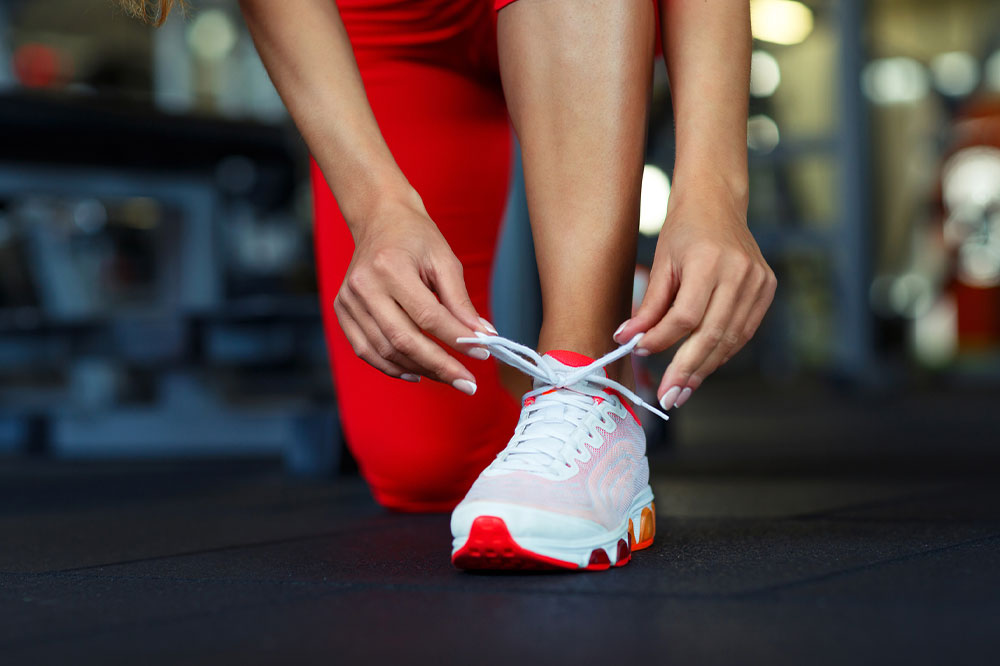Warning Signs of High Blood Sugar

High blood sugar levels in the body are the common cause of Type 2 diabetes and Chronic Kidney Disease (CKD). According to the National Kidney Foundation, type 2 diabetes is a leading cause of CKD. Thus the best way to prevent CKD related to type 2 diabetes is by controlling high blood sugar levels. Here are some warning signs and foods that may indicate and contribute to a spike in blood sugar levels.
What is blood sugar level?
Glucose is an essential energy source for the body and is obtained from different foods. The blood sugar level, also known as blood glucose level, measures how much glucose (sugar) is present in the bloodstream.
Upholding healthy blood sugar levels is crucial for overall health and well-being. Various conditions, including diabetes and other illnesses, can cause high or low blood glucose levels. When it comes to blood sugar levels, it is essential to understand how to monitor and manage them to maintain optimal health.
Warning signs that increase blood sugar levels
Here are some crucial warning signs of diabetes that you should be aware of. If you experience any of these symptoms on a regular basis, it’s important to see a doctor and get tested for diabetes. Early diagnosis and treatment are essential for preventing long-term health complications.
Frequent urination
When you have high blood sugar, the body may try to eliminate the excess sugar by making you urinate more than usual. Frequent urination is a common symptom of high blood sugar and one of the warning signs of diabetes. It’s essential to note how often you use the bathroom and discuss it with your healthcare provider if you notice any changes.
Other health-related issues that can cause frequent urination include urinary tract infections, bladder cancer, and kidney stones. If you’re experiencing frequent urination and other symptoms, it’s best to talk to your doctor and get tested for these other conditions.
Slow healing wounds
Slowly healing wounds can be an indication of high blood sugar levels. This is because high blood sugar damages the body’s ability to produce collagen and elastin, which are responsible for helping the skin heal. When the body cannot produce enough of these proteins, it takes much longer for cuts, bruises, and other wounds to heal. Therefore, if you have a wound that is taking a long time to heal, it could be a sign of high blood sugar levels, and you should seek professional help at the earliest.
Feeling dizzy or lightheaded
A number of different conditions can cause dizziness or lightheadedness, but when it’s related to your blood sugar levels, it’s usually due to hypoglycemia. When this happens, the body cannot get enough glucose from the bloodstream, and the brain doesn’t have enough energy to function properly, leading to dizziness and lightheadedness.
The best way to prevent feeling dizzy or lightheaded due to low blood sugar is to monitor levels closely. If your levels are dropping too low, it’s crucial to immediately include some form of carbohydrates, like fruit juice or glucose supplements, in your meals. Eating a snack with complex carbohydrates (like whole grains) can also help stabilize your levels and reduce the symptoms of hypoglycemia.
It’s also crucial to remember that if you experience extreme dizziness or lightheadedness, you should seek professional help as soon as possible, as it could indicate a more serious condition.
Excessive thirst
Excessive thirst is one of the signs of high blood sugar levels. When your body doesn’t have enough glucose in the bloodstream, it triggers the release of a hormone called vasopressin, which can lead to feeling thirsty. If you are experiencing extreme thirst and haven’t been drinking a lot of fluids, checking your blood sugar levels is essential.
Blurry vision
If you’re experiencing a hazed vision, this could be a sign of high blood sugar levels. Blurred vision can occur when the eye’s lens becomes swollen due to increased sugar levels. This is because the sugar molecules bind with water and cause the lens to swell. This is a distorted image, making it difficult to see clearly. If you experience blurred vision, monitoring your blood sugar levels and speaking to your doctor as soon as possible are important.
Foods that increase blood sugar levels
Keeping track of the foods you eat is one way to help regulate blood sugar levels, as some foods have a more significant impact than others. Here are some of the surprising foods that can spike sugar levels.
Processed meats
These meats include bacon, hot dogs, salami, sausages, and ham. Although these meats are high in protein, they can also be high in fat and sodium, increasing blood sugar levels.
These processed meats are also high in saturated fat, raising cholesterol levels and making you more prone to developing type 2 diabetes. For this reason, limiting the intake of processed meats or avoiding them is essential. Instead, opt for leaner options like chicken or fish.
Brown rice
Brown rice is a popular healthy food choice, often touted as a healthier alternative to white rice. Despite this reputation, many may be surprised to learn that brown rice can significantly impact blood sugar levels. It is a complex carbohydrate, meaning it takes the body longer to break it down. This slows the digestion process and leads to a more gradual release of glucose into the bloodstream, resulting in a slower, steadier rise in blood sugar levels.
To help reduce the impact of brown rice on blood sugar levels, consider pairing it with healthy fats and proteins. Adding nuts, seeds, or lean proteins to your meal will slow digestion and help you avoid an unnecessary spike in blood sugar. Additionally, ensure to control the portion of brown rice so you don’t overindulge at once.
Whole wheat bread
Whole wheat bread is a popular food choice because it is high in fiber and can provide a feeling of fullness. However, many people need to realize that whole wheat bread is also one of the foods that can increase your blood sugar levels.
It contains carbohydrates, which are broken down into glucose during digestion. As glucose enters your bloodstream, the body releases insulin, which helps your cells absorb the glucose for energy. When you consume too many carbohydrates quickly, your body releases more insulin than necessary, which can result in a spike in your blood sugar levels.
Fruit juice
Fruit juice is often thought of as a healthy alternative to soda and other sugary beverages, but it can have just as much of an impact on your blood sugar levels. This is because many juices are made from concentrated fruit, meaning they have more sugar per serving than their unprocessed counterparts.
It’s essential to pay attention to the nutritional information on the label when shopping for juices, as many brands add additional sugar to make their drinks sweeter. Additionally, it’s best to limit the amount of fruit juice you consume to no more than one cup per day.
Dried fruit
Dried fruit is often considered a healthy snack, but it can have an adverse impact on your blood sugar levels. While some varieties, like dates and raisins, contain more natural sugars than fresh fruits, dehydration concentrates their sweetness and increases their glycemic index. These are also much higher in calories than their fresh counterparts, making them an easy way to overconsume sugar.
When snacking on dried fruit, always check the nutrition label for added sugars, and stick to the suggested serving size of no more than 1/4 cup. Look for unsweetened varieties, and be aware that dried cranberries, bananas, and mangoes tend to have the highest sugar content. Consider combining dried fruits with a source of protein or healthy fat like nuts, seeds, or nut butter to help slow down digestion and the absorption of sugar.









